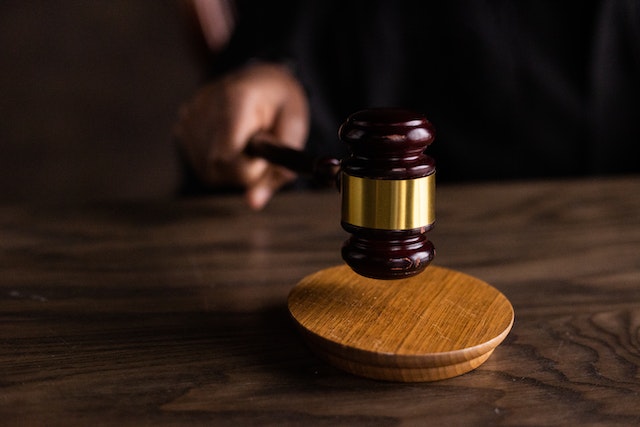

When a person find themselves facing overwhelming debt, they have various concerns, especially if they’re considering filing for bankruptcy, such as whether they’ll lose their house or have to sell off their possessions. However, one of the main draws of filing for bankruptcy is that it triggers what’s known as the automatic stay, which temporarily halts all creditor collection activities until the bankruptcy process is complete, giving individuals much-needed breathing room. Learn more about the automatic stay and contact the skilled Franklin County bankruptcy lawyers here at Cousino & Weinzimmer LLC for assistance today.
The automatic stay is an immediate and powerful legal protection that takes effect the moment an individual files for bankruptcy. Once the bankruptcy petition is submitted, the court issues an order that prevents most creditors from continuing their collection efforts. This means that wage garnishments, foreclosure proceedings, repossessions, and even harassing creditor calls must come to a halt.
This stay remains in place throughout the bankruptcy process, offering individuals the time and space to assess their financial situation without the constant pressure of debt collectors. In a Chapter 7 bankruptcy, the stay typically lasts until the case is discharged or dismissed, which is usually a matter of months. In Chapter 13 bankruptcy, it can extend for several years while the filer adheres to a court-approved repayment plan. However, creditors can petition the court to lift the stay under certain circumstances, particularly if they can demonstrate that their interests are being unfairly impacted.
The automatic stay provides broad protection against most forms of debt collection, but it is particularly useful in stopping:
Although the automatic stay offers extensive protection, there are important exceptions that individuals should be aware of. Some of the most common exceptions include:
If you’re facing significant debt, don’t wait to take action–the time is now, and our firm stands ready to help. Contact the skilled Franklin County bankruptcy attorneys here at Cousino & Weinzimmer LLC to schedule your free case evaluation with our dedicated legal team.
© 2025 Cousino & Weinzimmer LLC. All rights reserved. Attorney advertising.